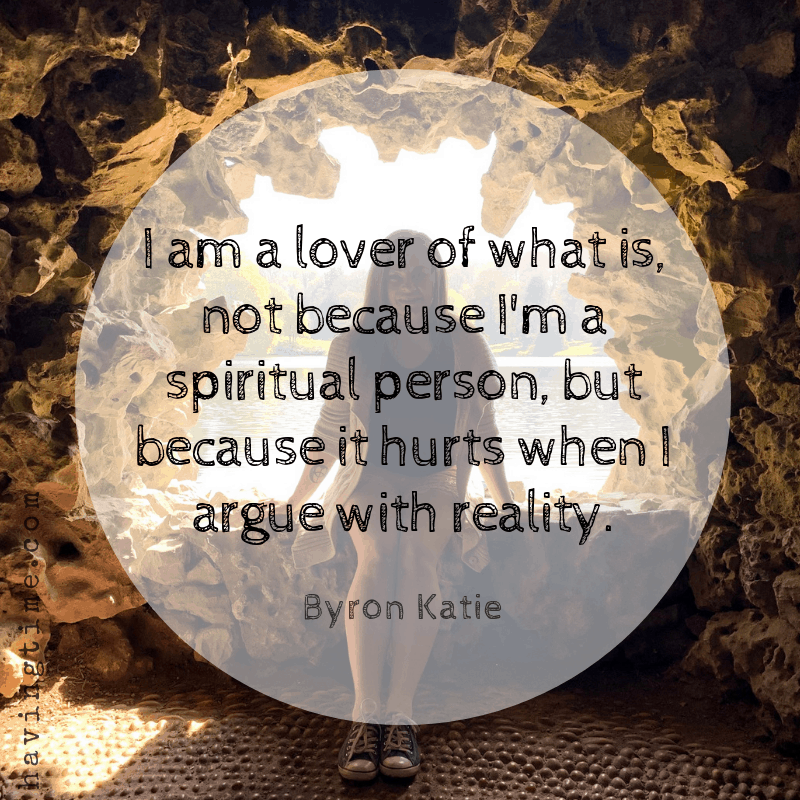Listen, I wish I could tell you it gets better, but it doesn’t get better. You get better.
Joan Rivers said these words back in 2011, talking about her calling as a comedian and actress. But – as it goes with insightful thoughts conjured up by vibrant minds – Joan’s words stretch far beyond the context in which they came to life.

Anyone who’s been through tough times when it feels like your life is about to fall apart and came out the other side has felt the gravity and depth of these words in their bones.
Because life is bound to throw you a curveball now and then, and that’s something we all come to realize early on. But some curveballs are far worse than others; and soon enough, it’s like everything you’ve worked so hard to build and maintain in your life is hanging on by a thread, ready to fall apart at any moment.
It’s times like these when being human starts feeling too much that our mental muscles are stretched thin and put to an excruciating test of strength. A crisis will inevitably pass, but how you deal with it and carry yourself amid hardship makes all the difference.
Here are the most effective strategies to help you keep it together and emerge even stronger when life’s challenges hit you like a ton of bricks.
Reality Check
Burying your head in the sand will only bring on a new string of denial-related issues. By taking some time to process what’s going on and accept that it’s the reality of things at the moment, you’ll be taking the first step to maintaining control of the situation. That’s because you’ll be able to see clearly what’s beyond your control.

When you accept reality as it is, you won’t be wasting any more of your mental energy on trying to change what can’t be changed, feeling sorry for yourself, and being frustrated that this is happening to you in the first place. Instead, you’ll be able to see more clearly and focus on the problems that can be solved.
Most importantly, you’ll be able to focus on your emotional response to all these problems.
Once you take an objective standpoint, keep an eye out on your response to it. Try to catch the moments when you’re thinking “This is not fair; why is this happening to me?!” These are the moments when anxiety and frustration build up inside us.
Identify productive behavioral patterns
By taking reality head-on, however strongly you may disagree with it, you’re ready to accept your role within it – and your ability to control your emotions and responses. This will help you make the right decisions in crucial moments – the decisions that don’t give the instant gratification that a pity party perhaps would. However difficult it may seem, choosing more productive behavior will help you buckle down and do the things that will contribute to emerging from your crisis stronger and better.
Although it might feel like your world is falling apart, life is still unraveling ahead of you.
Sometimes, “just showing up” will be the toughest decision you’ve made today, but it will be a crucial one for your efforts to stay calm and productive.
Don’t give up on all the right habits and everything else you’ve worked hard to build – your relationships, your time dedicated to hobbies, your work ethic.
Hold on to the good stuff and the routines that have helped you uphold your strength so far. Even small everyday decisions make a big difference – whether it’s making smarter nutritional choices or infusing coffee with CBD to get the energy boost without the jitters, embrace the things that work better for your body and mind.
Define your emotions
When the human brain interprets a given situation as threatening, it triggers the “fight or flight” response. Neither is a viable option when you’re trying to push through your struggles with calmness, dignity, and intelligence. But when we don’t act on these impulses, we end up stuck in a nightmarish limbo. Your body remains hyped-up as if under threat, your brain still perceives a risk, but there’s no release. Essentially, you’re stuck in a state of paralyzing anxiety and ready to burst at any given moment to relieve the pressure. That’s what makes staying calm and productive seemingly impossible.
However, there is a way to gain control over any situation. Neuroscientists suggest that assigning labels to the emotions we experience in the given moment helps calm the amygdala, the part of the brain from which the “fight or flight” signals are triggered. You can get out of this perpetual anxiety mode by taking the time to reflect on your feelings.
When dealing with anxiety, try to differentiate between emotions such as restlessness, guilt, frustration at your inability to control something/someone, worry, etc. Then try to retrace your steps to define what caused these specific feelings that ultimately contribute to an overwhelmed mind that can’t buckle down on a task.
For example, your anxiety could be brought on by responsibilities piling up, or there may be a less apparent underlying issue.
Although it might feel like a daunting task to take on, defining your emotions and reflecting on their cause will not only help you regain calmness, but it will ultimately free up mental energy to help you think more clearly and adopt a problem-solving mindset.
What would you say to your best friend?
Every time you start sinking into unproductive behavioral patterns or thoughts that feel catastrophic and overwhelming, take a step back.
What would you say to someone you love if they were going through a similar situation? You wouldn’t be telling them it’s their fault or that things are only going to get worse. You also don’t want to give them empty reassurances and unrealistic promises or encourage them to take the opportunistic path.
Hopefully, you’d remind them of their strength and ability to get through any struggle. And you’d tell them you’re there for them and you’ll do whatever you can to help.
When you truly decide to lend yourself the same kindness, understanding, and willingness to help as you would to a loved one, your burden will be lighter than you can imagine. In the end, our battles with our minds begin and end with self-love.

photo source | giphy + pexels

